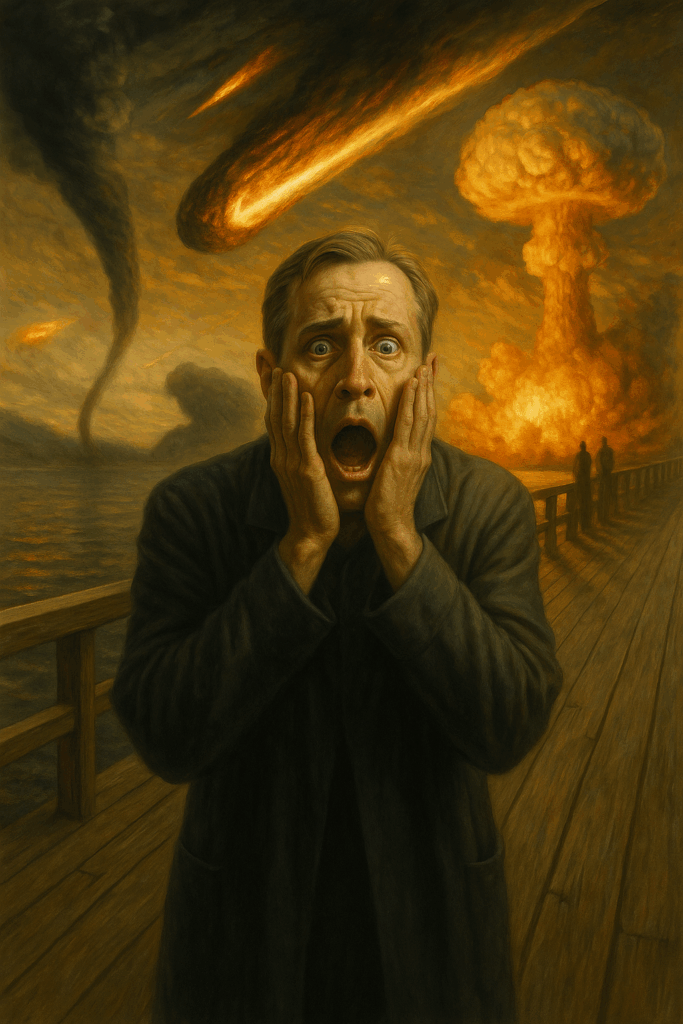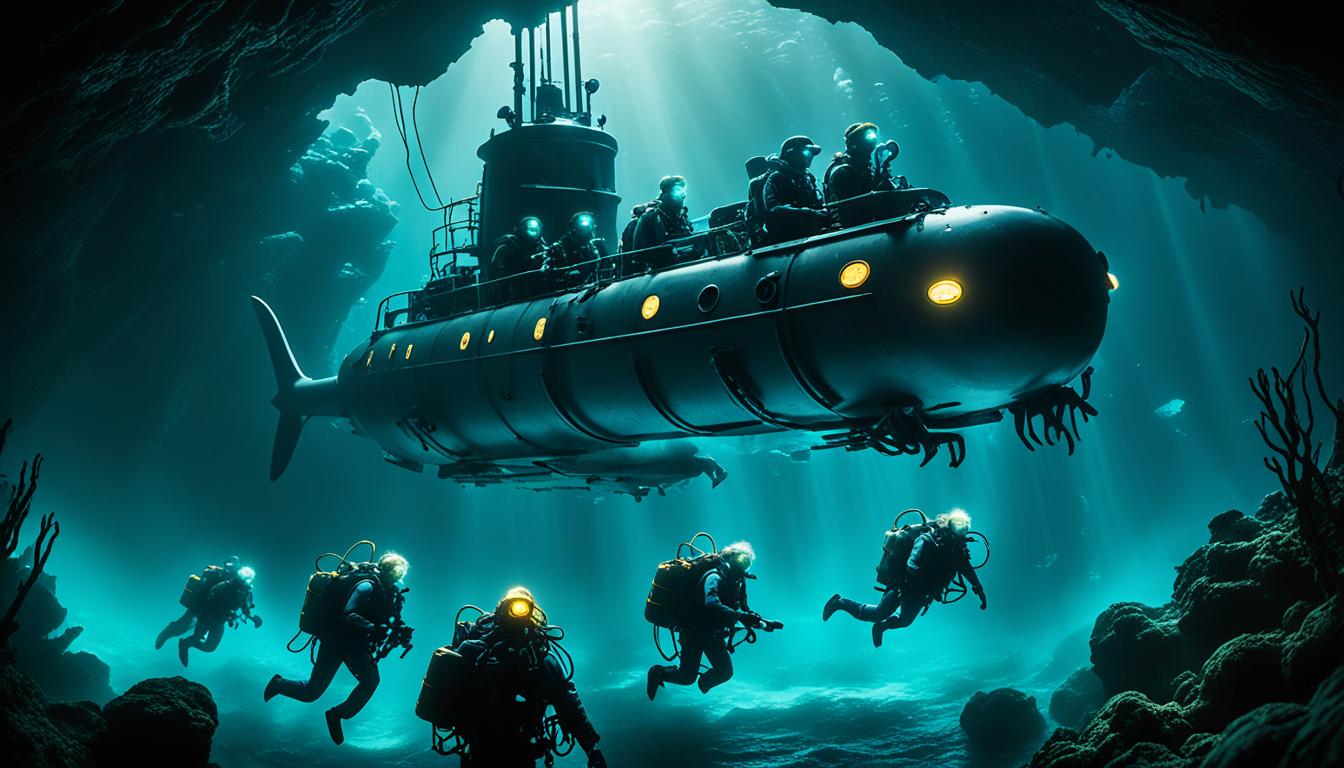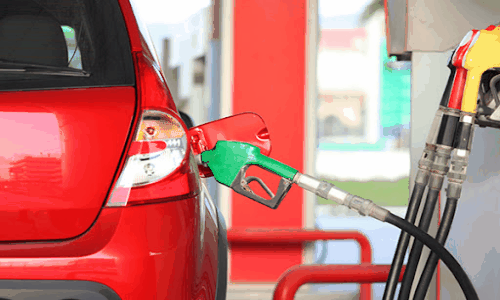Adverts
What does the future hold for us? This is a question that arouses curiosity, but also concern. As 2025 approaches, experts and futurists have outlined scenarios that go far beyond technological innovations or climate change.
The most frightening projections reveal challenges that could radically transform society as we know it. 🌍
Adverts
In this content, we explore some of the most impactful predictions for the coming years, from the advancement of global crises to possible revolutions in human behavior and economic systems.
What would be the impacts of mass automation on the labor market? And how could climate change alter global geopolitics?
Adverts
There is no shortage of intriguing questions and scenarios that seem to come straight out of science fiction films, but which, unfortunately, have a real basis. 🚨
Prepare yourself to understand the consequences of a future that, while promising great advances, may also reveal dark sides.

The intention is not to create panic, but rather to reflect on current trends and their possible consequences. After all, being informed is the first step to being prepared.
A revolution in the job market: the end of traditional professions?
Automation as a driver of transformation
Have you noticed how technology advances at an incredible pace? Well, by 2025, automation is expected to continue shaping the job market in ways that may seem frightening. Many experts point out that traditional professions, such as drivers, supermarket cashiers and even lawyers, could be replaced (or heavily impacted) by artificial intelligence systems and super-efficient robots. 🤖
According to reports from major consulting firms, automation could eliminate millions of jobs while creating others in more technical areas. But the problem is: will everyone be able to adapt so quickly to this new reality? The fear of a “technological unemployed class” is real, and this scenario has generated debates about universal basic income and professional retraining.
Professions that run the most risks
Some areas are already considered “high risk” when we talk about replacement by technology. Do you want to know which ones they are?
- Public transport and truck drivers, with the rise of autonomous vehicles.
- Call center attendants replaced by chatbots and AI.
- Store and supermarket checkouts, with the growth of self-service systems.
- Journalists and writers, who are already feeling the pressure from AI-based writing tools.
On the other hand, creative professions, which require empathy or specific manual skills, tend to be less impacted. But even these can be reshaped by technology. So, are we ready to embrace this new reality? 👀
The environmental impact that could change everything
Climate crisis: we are at the limit
If there's one subject that keeps many people awake at night, it's the climate. 🌍 By 2025, scientists warn that the impacts of the climate crisis could intensify even further, bringing extreme events like never before. Floods, severe droughts and heat waves are at the top of the list of concerns. And the worst part: many of these changes can no longer be reversed, only mitigated.
Melting ice caps and rising sea levels, for example, threaten entire cities. Places like Miami and Jakarta could face constant flooding, while agricultural regions in Brazil could suffer from water shortages. This climate imbalance also affects biodiversity, with several species facing an increasing risk of extinction.
Solutions that are still in their infancy
Despite all the warnings, global actions to curb the advance of climate change are still far from ideal. International agreements, such as the Paris Agreement, have encountered implementation barriers due to political and economic interests. In addition, targets to reduce carbon emissions seem increasingly difficult to achieve.
On the other hand, initiatives such as the adoption of renewable energy and the advancement of carbon capture technologies bring hope. But will these solutions be enough? Or will we need to rethink our entire lifestyle to avoid environmental collapse? 🌱
Artificial intelligence: friend or foe?
Superintelligent AI: What could go wrong?
If you think artificial intelligence is advanced today, just wait until 2025. AI is expected to reach levels of sophistication that could be as useful as they are terrifying. On the one hand, we have the promise of more efficient virtual assistants, more accurate medical diagnoses, and technological solutions that make life easier. On the other hand, the idea of superintelligent AI raises a lot of fears, especially among ethicists and technology experts.
One of the biggest fears is the misuse of AI in areas such as mass surveillance, information manipulation and the creation of even more realistic deepfakes. Without adequate regulations, these technologies could be used for dubious purposes, such as social control or even cyber warfare.
The ethical dilemma
Another important point is the ethical dilemma. Who should be held responsible for the actions of an AI? If a self-driving car is involved in an accident, for example, is the fault of the manufacturer, the programmer, or the owner of the vehicle? 🤔 These questions need to be answered before technology advances faster than humans can control it.
Furthermore, AI could exacerbate inequalities, as access to these advanced technologies could be restricted to large corporations and developed countries. This creates an even wider gap between those who have power over these tools and those who are left on the margins. This is a scenario that demands attention, because the future could be incredible or dystopian, depending on the decisions we make today.
Privacy at risk: the price of connectivity
The Dark Side of the Internet of Things
With the rise of connected devices, the so-called Internet of Things (IoT) is becoming part of our daily lives. From smart refrigerators to connected cars, it seems like everything is online. But have you ever stopped to think about what happens to the data generated by these devices? 📱
By 2025, billions of devices are expected to be connected to the internet, generating an absurd amount of data. And, as we already know, where there is data, there are risks. The main problem is the lack of transparency about how this information is collected, stored and used. Large companies can use this data to manipulate consumers, while hackers can exploit security breaches to access sensitive personal information.
Hackers and data leaks
The risk of cyberattacks is growing as connectivity increases. Imagine a scenario where your smart home is hacked. They could control your lights, security cameras, and even your front door. It sounds like something out of a horror movie, but it’s a real possibility.
Furthermore, data leaks continue to be a major concern. Information such as passwords, location and browsing history can fall into the wrong hands, putting the privacy of millions of people at risk. So, how can we ensure our security in such a connected world? 🔒
Space exploration: an outlet or a luxury?
The race to colonize other planets
While we face huge problems here on Earth, space exploration continues to advance at an impressive pace. Companies like SpaceX, Blue Origin and NASA are investing heavily in projects to colonize Mars and other planets. The promise is that by 2025, we will have manned missions arriving on the red planet. But is this really feasible or just an expensive dream?
As exciting as the idea of colonizing other planets may be, many critics point out that we are spending billions on space projects while pressing issues like hunger and climate change remain unsolved. Furthermore, space exploration brings its own ethical and environmental challenges. Do we have the right to “export” our problems to other worlds? 🌌
An alternative or a privilege?
Another controversial point is that these space advances may become accessible only to an elite. With billionaires like Elon Musk leading the space race, there is a fear that interplanetary travel will be a privilege restricted to a select few, while the rest of humanity is left behind. So, is space really the solution, or are we just running away from our earthly problems?
Conclusion
The frightening predictions for 2025 reveal a panorama that mixes impressive technological advances with social and environmental challenges that cannot be ignored. 🛑 In an increasingly interconnected world, it is clear that innovation brings both solutions and new problems. For example, while artificial intelligence promises to positively transform several sectors, it also raises ethical questions and risks of mass unemployment. In addition, climate change, which is already a reality, could intensify if there is no urgent action, directly impacting the quality of life of millions of people. 🌍
However, all is not lost. 💡 Despite the dire predictions, we have an opportunity to act now to shape a more sustainable and safe future. Governments, businesses and individuals need to work together to embrace innovative solutions and drive positive change. After all, the future is not written; it is shaped by every choice we make today. With planning, responsibility and global collaboration, we can meet the challenges ahead and create a better world for generations to come. 🌟
Therefore, as we reflect on these predictions, it is essential to transform fear into motivation to act. The future may be bleak, but hope, combined with action, has the power to brighten even the most challenging scenarios. 🚀




